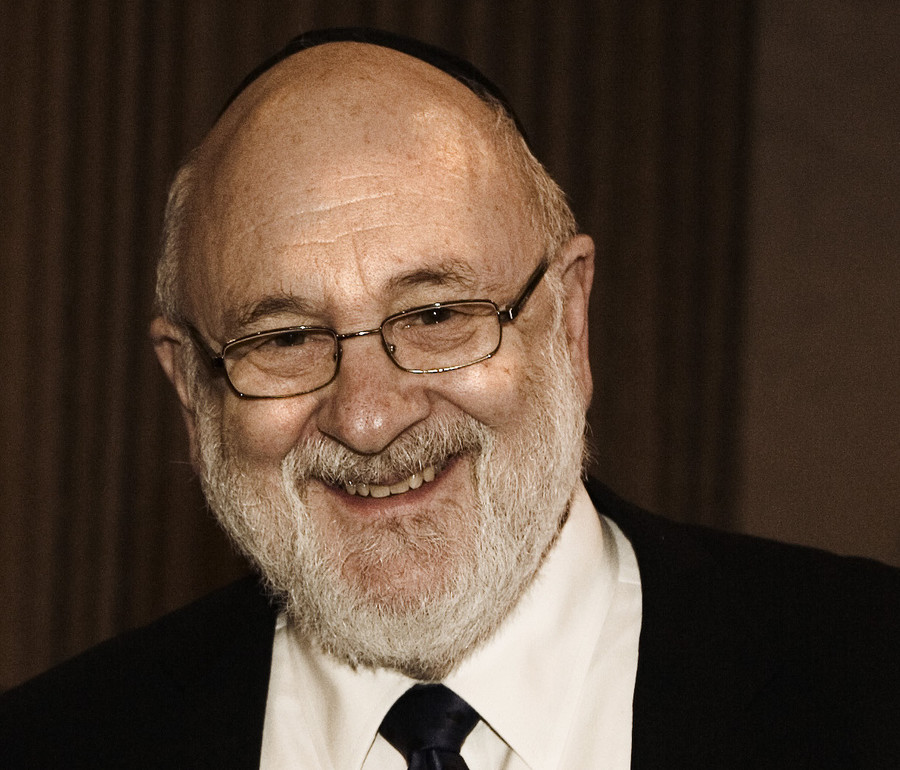The leitmotif of these High Holy Days: Return!
We have all been brought up to believe in the importance of progress. For the past several centuries, the goal of philosophy, religion, culture, and certainly science has been to develop ideas and practices which advance humankind beyond its present state.
Poets have acclaimed the superiority of progress; one of them, Robert Browning, put it this way:
Progress, man’s distinctive mark alone,
Not G-d’s, and not the beasts’: G-d is, they are;
Man partly is, and wholly hopes to be.
So forceful has been the emphasis upon progress that any attempt to return to past ideas and methods is almost universally criticized as backward and primitive and, at the very least, old-fashioned. The antonym for progress, regress, is a word with strong negative connotations. No one wants to be seen as a regressive.
As Rosh Hashana nears, the theme of progress is in the air. We hope to progress to a better year, to a year of growth and development. Indeed, many synagogues conclude the old year and begin a new one with the refrain, “May this year and its curses be gone, and may a new year with its blessings begin!”
And yet, it is precisely “return” that our Torah promulgates, especially at this time of year.
This week’s Torah portion, Nitzavim, contains the following passage (Deut.30:1-10):
When all these things befall you—the blessing and the curse. … And you take them to heart [literally, and you return them to your heart. ]… And you will return to the L-rd your G-d, and you and your children will heed His command. … Then the L-rd your G-d will return your captivity. … He will return you from all the nations. … You will return and again heed the voice of L-rd. … For the L-rd will return to delight in your well-being. … Once you return to the L-rd your G-d with all your heart and soul.
• • •
In the space of just several verses, the word “return” appears, in one form or another, at least seven times! It was in the writings of the great Nechama Leibowitz that I first learned the importance of a word that appears repetitiously in the course of a single text. We are to think, she wrote, of such a term as a leitvort, a leading word, a word which gives us a clue and leads us to the deeper meaning of the text at hand.
Even my limited familiarity with the German language was sufficient for me to draw the comparison between leitvort, a word that identifies the theme of an entire passage, and the word leitmotif, which is a thought or melody that pervades a literary work or a musical composition.
The ten days that begin on Rosh Hashana and conclude on Yom Kippur are known as the Aseret Yemei Teshuvah, which is usually translated as The Ten Days of Repentance. But teshuvah does not really mean repentance, and it certainly does not mean penitence, as it is frequently rendered. Rather, it means return.
The leitmotif of this entire season is the Torah’s call for us to engage in profound introspection and to return to a place which we have lost, forgotten, or abandoned. It is not progress that is demanded of us during the next several weeks; it is, oddly enough, regress.
It can legitimately be asked, return to what? I would like to provide an answer or two to that question, inspired by the book that I find so personally meaningful at this time of year. It is “The Lights of Teshuvah,” by Rabbi Abraham Isaac Kook.
Rav Kook emphasizes that over the course of time, we each develop as individuals, and in that process isolate and alienate ourselves from others, from our families, from the people of Israel. To return means to return from our self-centeredness to the collective, from the prat, or single unit, to the klal, or all-encompassing group.
There can be no teshuvah unless the person reconnects with larger components of society. We all, in our heart of hearts, know the ways in which he has cut himself off from significant people in his life, and each of us knows how to reconnect to those individuals.
My experience as a psychotherapist has taught me that there is another destination to which it would pay for us to return. I speak of our childhood. As we mature and develop in life, we grow in many positive directions. But we also move away from our innocence, from our childish enthusiasm, from the hope and sense of potential that characterizes the young, but which older individuals eschew cynically.
People find it rewarding to return (if only in their imaginations) to their youth and recapture some of the positive qualities that they left behind as they made their adult choices.
Finally, we all need to return the Almighty, to His Torah, and to His Land.
No matter how intense our worship of Him during the past year was, we can return to Him for an even stronger connection.
No matter how studiously we explored His Torah, we can return to even deeper levels of its impenetrable depth.
No matter how loyal our faithfulness to the land of Israel was, we can return to even greater loyalty and more courageous faith.
And no matter what our relationship was with others in our lives, we can draw upon our own inner sources of generosity and compassion and enhance those relationships in a spirit of genuine teshuvah, of returning to those others, and, in the process, to our truer selves.

 48.0°,
Light Rain
48.0°,
Light Rain 





